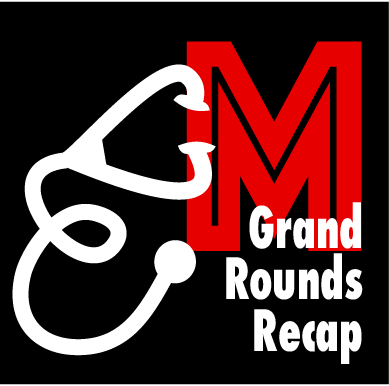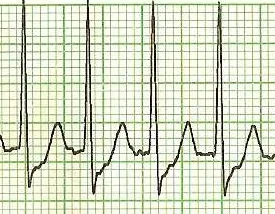We were fortunate, a couple weeks back, to have Dr. Brian Burns of Sydney HEMS come and speak to us. In his lecture, “When the 1% Makes All the Difference” which you can find here, Dr. Burns hit on a number of excellent points. We sat down and talked with Dr. Burns a bit more extensively over a couple of the themes of his lecture.
In this podcast, we cover some of the plus/minuses of checklists, the importance of high fidelity continuous training practices (simulation, routine case debriefing, intensive induction training), and the role of cognitive factors in running resuscitations.
Should resuscitations run like a jazz quartet or a Formula 1 pit crew? Are checklists simply in the way or do they cognitively unload the team members to improve performance? How do you train cognitive factors in resuscitation?
Read More











